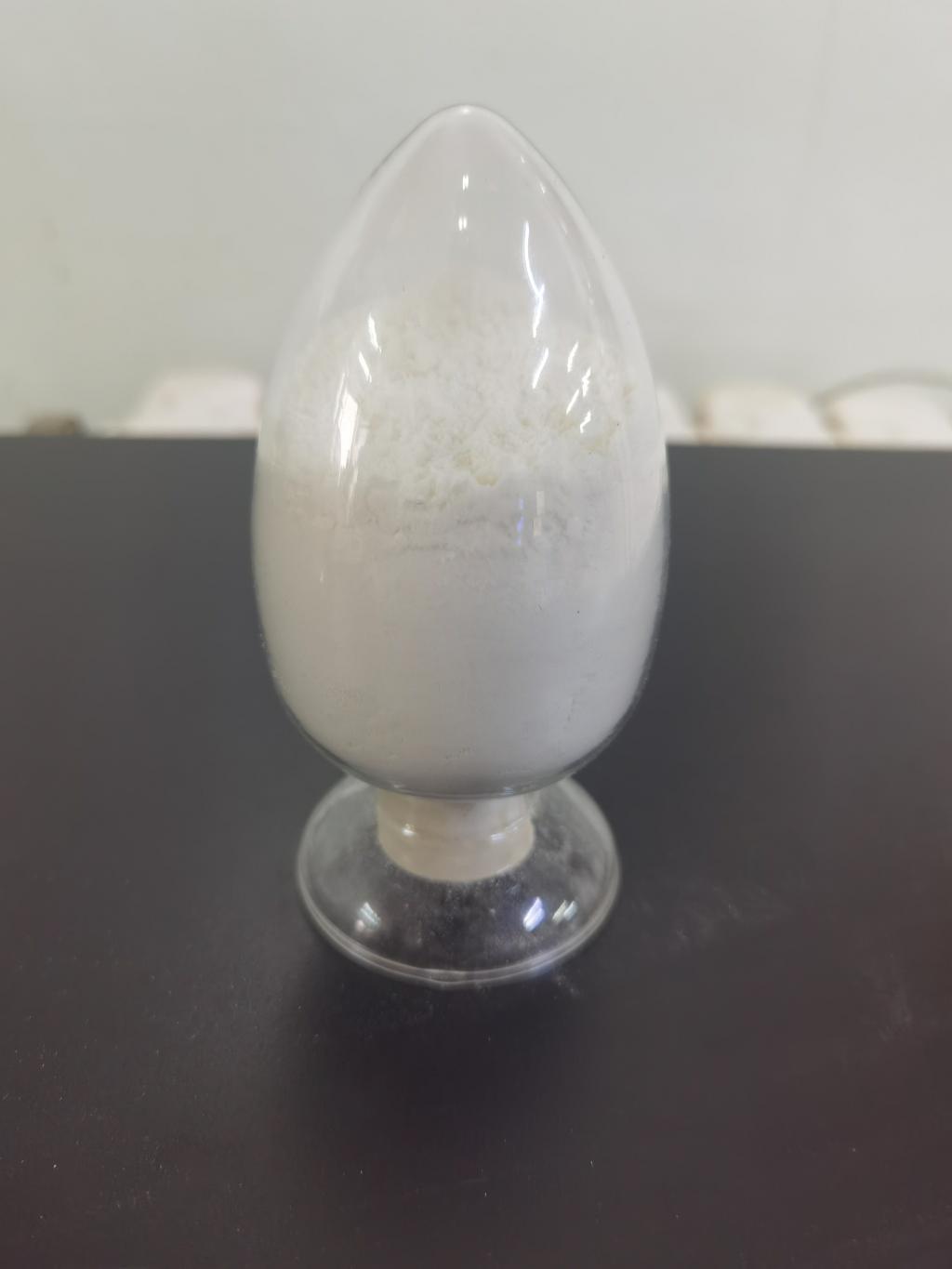Tel:+8618231198596

News
 CONTACT
CONTACT
 CONTACT
CONTACT
- Linkman:Linda Yao
- Tel: +8618231198596
- Email:linda.yao@dcpharma.cn
- Linkman:CHARLES.WANG
- Department:Overseas
- Tel: 0086 0311-85537378 0086 0311-85539701
News
Current Position:
Home >
News
>Ethical considerations in the production of ε-Polylysine hydrochloride.
Ethical considerations in the production of ε-Polylysine hydrochloride.
TIME:2024-09-18
Environmental Impact
One of the primary ethical concerns in the production of ε-PLH is its environmental footprint. The manufacturing process typically involves fermentation using microbial strains, which can generate waste products and require significant energy inputs. Ethical considerations here include:
Waste Management: Ensuring that all waste generated during the fermentation process is properly treated and disposed of in an environmentally responsible manner.
Energy Efficiency: Employing energy-efficient technologies and renewable energy sources to minimize the carbon footprint associated with production.
Worker Safety
Ensuring the safety and well-being of workers engaged in the production of ε-PLH is a fundamental ethical responsibility. This includes:
Occupational Health: Providing a safe working environment and protective equipment to prevent exposure to hazardous substances.
Training Programs: Offering training programs that educate workers on the safe handling of materials and equipment used in the production process.
Animal Welfare
While ε-PLH itself is not derived from animals, the production process may involve the use of animal-derived media or testing. Ethical considerations in this domain include:
Cruelty-Free Production: Ensuring that no animal-derived components are used unless absolutely necessary and exploring alternatives to animal-based media.
Testing Practices: Avoiding animal testing wherever possible and promoting the use of alternative testing methods that do not involve animals.
Consumer Rights
Transparency and honesty in marketing and labeling are critical to upholding consumer rights. Ethical considerations here include:
Label Accuracy: Clearly labeling the presence of ε-PLH in products and providing information on its source and function.
Informed Consent: Ensuring that consumers are fully informed about the ingredients in the products they purchase, allowing them to make educated choices.
Regulatory Compliance and Fair Trade
Compliance with regulatory standards and fair trade practices is essential for maintaining ethical standards in the production of ε-PLH:
Regulatory Adherence: Strict adherence to local and international regulations regarding the production, use, and disposal of ε-PLH.
Fair Trade Practices: Ensuring fair labor practices and equitable compensation for all parties involved in the supply chain.
Sustainability and Corporate Social Responsibility (CSR)
Companies producing ε-PLH should consider their broader impact on society and the environment through corporate social responsibility initiatives:
Sustainability Initiatives: Implementing sustainability practices that reduce environmental impact and promote resource conservation.
Community Engagement: Engaging with local communities to understand and address their concerns regarding the production facility and its operations.
Conclusion
The production of ε-Polylysine hydrochloride holds significant potential for advancing food safety and pharmaceutical applications. However, to ensure that this progress is ethically sound, producers must prioritize environmental sustainability, worker safety, animal welfare, consumer rights, and regulatory compliance. By integrating these ethical considerations into their operations, companies can contribute positively to society while fostering trust among consumers and stakeholders. The future of ε-PLH production lies in balancing technological advancement with ethical responsibility, ensuring that the benefits of this biopolymer are realized without compromising the principles of sustainability and ethical integrity.
- Tel:+8618231198596
- Whatsapp:18231198596
- Chat With Skype







